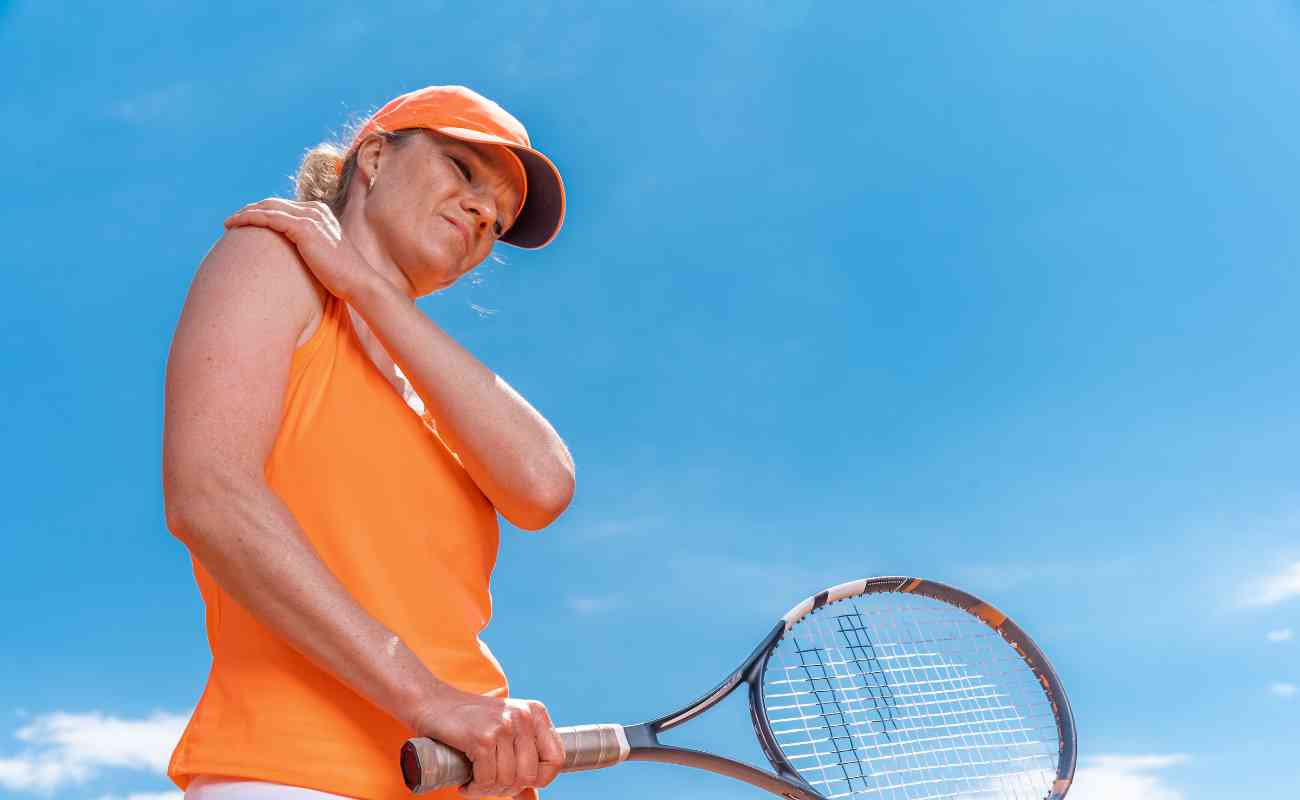
Concussion treatment For Hockey players
Due to contact nature of the game and the agility with which it is played hockey players are at a risk of injuring the brain. Brain gets injured either due to direct blow to head or secondary to neck injury. Concussion is the milder form of traumatic brain injury where the structural integrity of the brain tissue is not compromised however there is bruising/overstretching of brain tissue. This attributes to the fact that people who had concussion necessarily didn’t loose their consciousness after the injury. This is one of the reason why concussion injuries don’t get treated right away as there is no visible physical injury. Also, these injuries are not well detected on MRI or CT Scan. This makes it much harder to investigate and treat. Players often resume their game until the symptoms from brain injuries are worse! Concussion if not well treated has some serious and long lasting consequences.Effective concussion treatment involves a comprehensive approach, including cognitive and physical rest, symptom management, and gradual return-to-activity protocols, under the guidance of qualified physiotherapists.
Role of Protective Equipment
Helmets are very effective in preventing direct impact coming to your head, face and neck. However, it has not been very effective to prevent concussion as the forces leading to concussion can traumatize brain tissue without making physical contact to your head and neck. Unfortunately, we don’t have any concussion proof helmets!
Hockey Canada over the past few years have adopted policies such as eliminating checking from behind with the intention to minimize hockey related concussions.
Concussion treatment
Following injury to the brain players are generally advised rest and pulled off the game until they feel better. Players also loose time from school and work. During the initial periods of recovery, rest is advised to promote brain healing. However, excessive physical rest can be counter productive. Players tend to be more anxious about physical deconditioning and not being able to perform well at sports. Balance of rest and activity is recommended to help players recover from concussion. Registered Physiotherapist educate players on sleep regulation and guided physical activities to minimize physical deconditioning while promoting brain healing. Certain visually straining activities such as use of computers, I-pad, laptop, phone can aggravate symptoms. However, its not a great idea not being able to connect to social media, text or check emails. This is believed to add to anxiety and can further impede recovery following brain injury. Use of phone during scheduled breaks for short time are one of the few strategies Registered Physiotherapist will advise.
Registered Physiotherapist will run computer based neuro cognitive testing tool known as IMPACT (Immediate Post Concussion and Assessment and Cognitive Testing) test following Concussion. This will help to establish baselines on mental functions/performance (memory-verbal/visual, speed, reaction time) that can be easily communicated among the team (physician, coaches, teacher, trainers, school). Many hockey players are tested using IMPACT before every season to have a baseline established even before the potential injury. This also allows Registered Physiotherapist to prescribe specific exercises to address deficits in your brain function. Specific accommodations to facilitate early return to school are recommended by Registered Physiotherapist. Registered Physiotherapist work closely with school to recommend modifications to help you get back to playing hockey.




